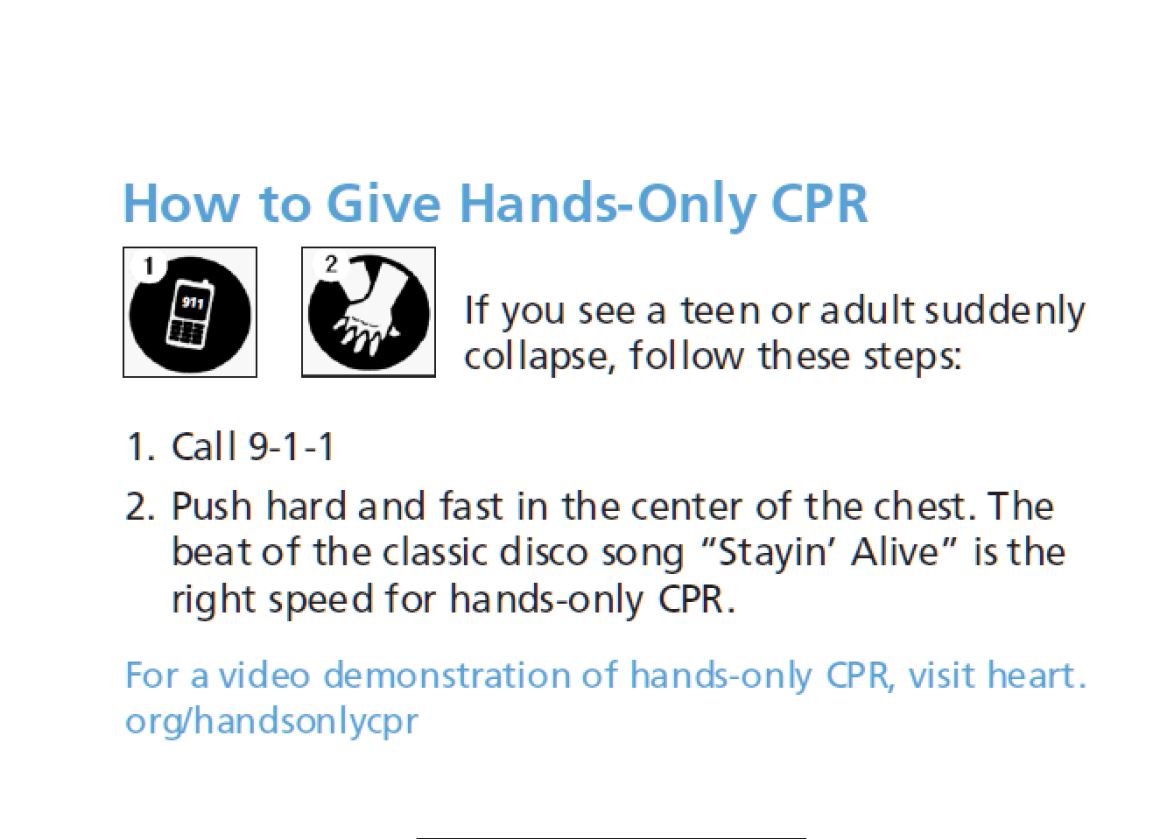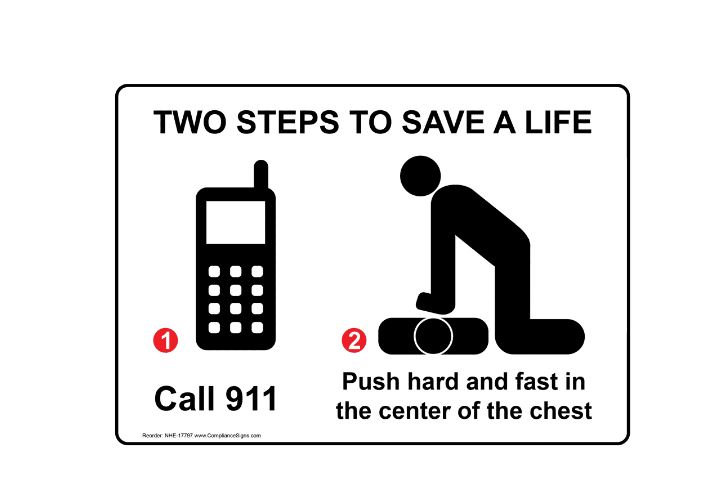Chest Pain Center
Chest pain is a warning sign of a heart attack. That means your life may depend on getting the right kind of medical care fast. Fortunately, residents of Glendale and the surrounding area have a Chest Pain Center nearby, at Adventist Health Glendale.
What is a Chest Pain Center?
This is an accreditation awarded to a handful of U.S. hospitals by the American College of Cardiology for Chest Pain Center Accreditation. This accreditation means that Adventist Health Glendale has met the society's strict requirements for everything from treatment facility design to specialized training of emergency personnel to timely diagnosis and treatment.
AHGL has been awarded Version 6 of Chest Pain Center Accreditation – the highest accreditation possible for the treatment of chest pain..
Education
Download the following flyers for at-your-fingertips information about the early signs of heart attack
Did you know heart attacks have early signs? Do you know how to recognize
them and get help? Take the early heart attack care (EHAC) education course
and learn how to potentially save someone’s life! (Note: Course
takes approximately 30 minutes to complete and requires
an account.)


Download the Hands Only CPR - American Heart Association
Download the Early Heart Attack and Care Brochure
Download the Minutes Matter flyer
Know the Warning Signs
Advanced facilities, technology and procedures only have value if the patient gets to them in time. That's why it's so important to seek medical attention immediately if you experience the warning signs of heart attack:
- Chest discomfort
- Discomfort in other areas of the upper body, including arms, back, neck jaw or stomach
- Shortness of breath
- Cold sweat, nausea or light headedness
For both men and women, the most common heart attack symptom is chest pain or discomfort. However, women are more likely than men to experience shortness of breath, nausea/vomiting, back or jaw pain, fatigue or palpitations.
Get Help Immediately
If the source of your chest pain is an impending heart attack, your best chance for a positive outcome is to seek emergency treatment immediately. Angioplasty, clot-busting drugs and other treatments work best if they are administered within 30 to 90 minutes from the start of symptoms. The best way to get help fast is to call 911—never attempt to drive yourself. Even if you're uncertain about whether your symptoms are warning signs of heart attack or not, call anyway. Don't wait more than five minutes. Every second you wait delays treatment.
For a referral to a AHGL heart specialist, call (818) 409-8000.
